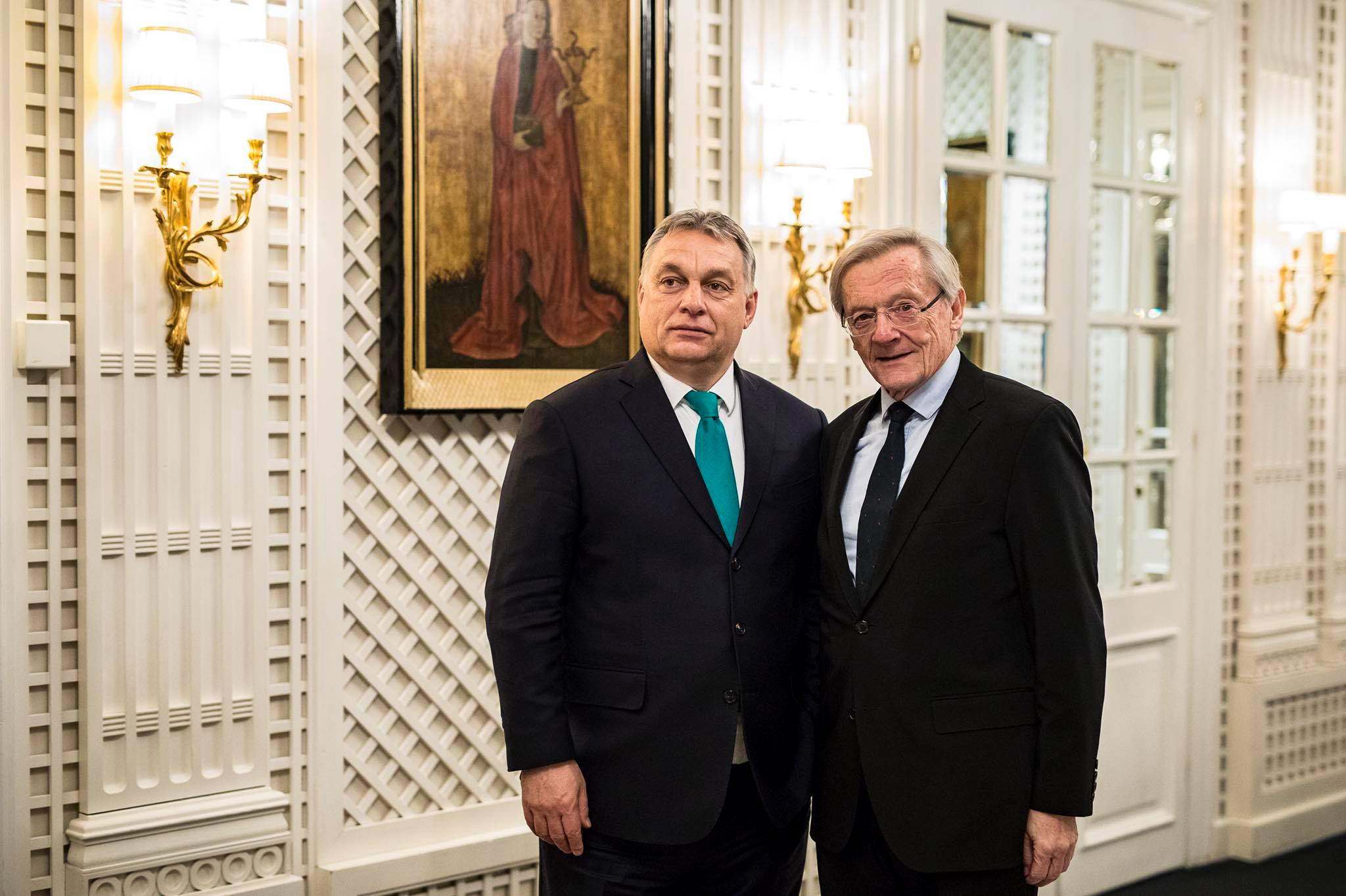
The Hungarian Prime Minister was interviewed by former Austrian Chancellor, Wolfgang Schüssel.Continue reading
Senator J.D. Vance’s address at the Munich Security Conference sparked significant discussion regarding U.S. aid provisions to Ukraine amid escalating tensions with Russia. While Vance criticized Russian President Vladimir Putin’s actions, he urged a strategic pivot towards Asia, The Washington Examiner reported.
Vance’s argument reflects the challenge of allocating resources in a world of limited military capabilities. While some advocate for reduced aid to Ukraine, others stress its strategic importance in countering Russian aggression and preserving regional stability.
However, Vance highlights the need for a balanced approach, particularly in light of escalating tensions with China and potential threats to U.S. treaty allies in the Pacific.
Elbridge Colby’s analysis reinforces Vance’s assertion that the U.S. cannot afford to overextend itself in multiple theaters of conflict simultaneously. This reality underscores the importance of strategic prioritization and the need for European allies to assume greater responsibility for regional security and defense.

Republican Senator from Ohio, J.D. Vance. Photo: Facebook / Peter Cracchiolo
Contrary to prevailing narratives, many European Union Member States fail to meet their defense spending commitments and remain reliant on the U.S. military for NATO’s defense. The EU’s lack of urgency in addressing collective defense challenges, coupled with its inconsistent approach to safeguarding shared values, raises concerns about its commitment to transatlantic security cooperation.
While the U.S. should continue supporting Ukraine, it is imperative for European allies to step up their contributions to regional security efforts.
Hungary’s defense spendings are on the growth!
While in 2014 #Hungary‘s defence spending as a percentage of GDP was only 0.9%, today it is already 2.4%! Acc. to @politico this is one of the biggest increases in #NATO over that time period.
❗For Hungary, it is a priority… pic.twitter.com/sV0EcmFZqT
— Balázs Orbán (@BalazsOrban_HU) February 15, 2024
Hungary had successfully fulfilled its defense spending obligations towards NATO in 2023, surpassing the two percent mark. Although there are disputes between the government in Budapest and the Biden administration concerning the right approach to the war in Ukraine, Hungary’s rapid investments in its defense forces will no doubt be an important asset for future American administrations looking for defense capabilities in Europe. Apart from assessing allies solely in terms of military capabilities, Senator J.D. Vance has in the past signaled that the U.S. should also look for policy solutions to other issues among its European allies. The American politician had, for instance, showered praise at Hungarian family policies in the past.
Via The Washington Examiner; Featured Image: Facebook / Munich Security Conference